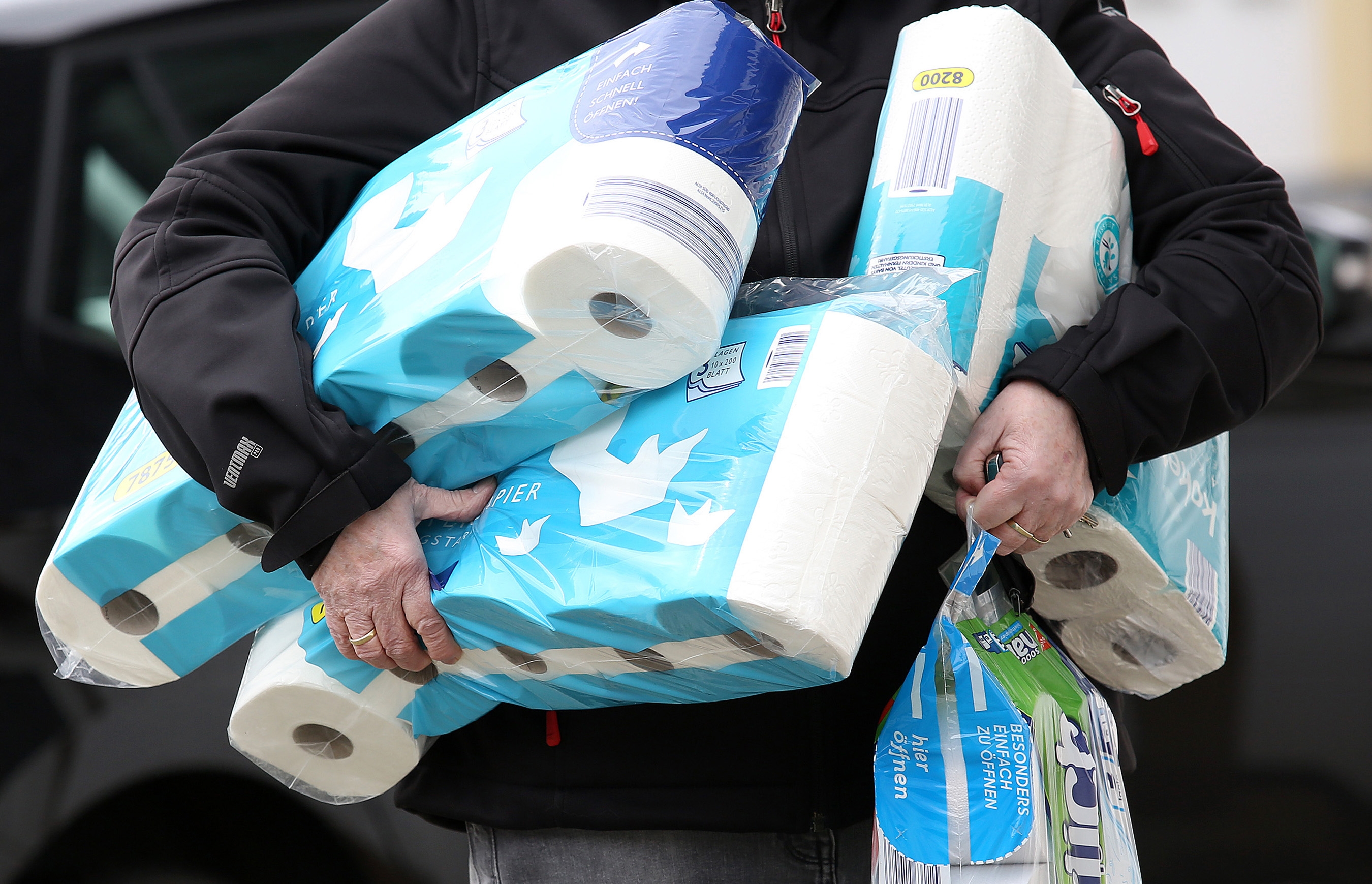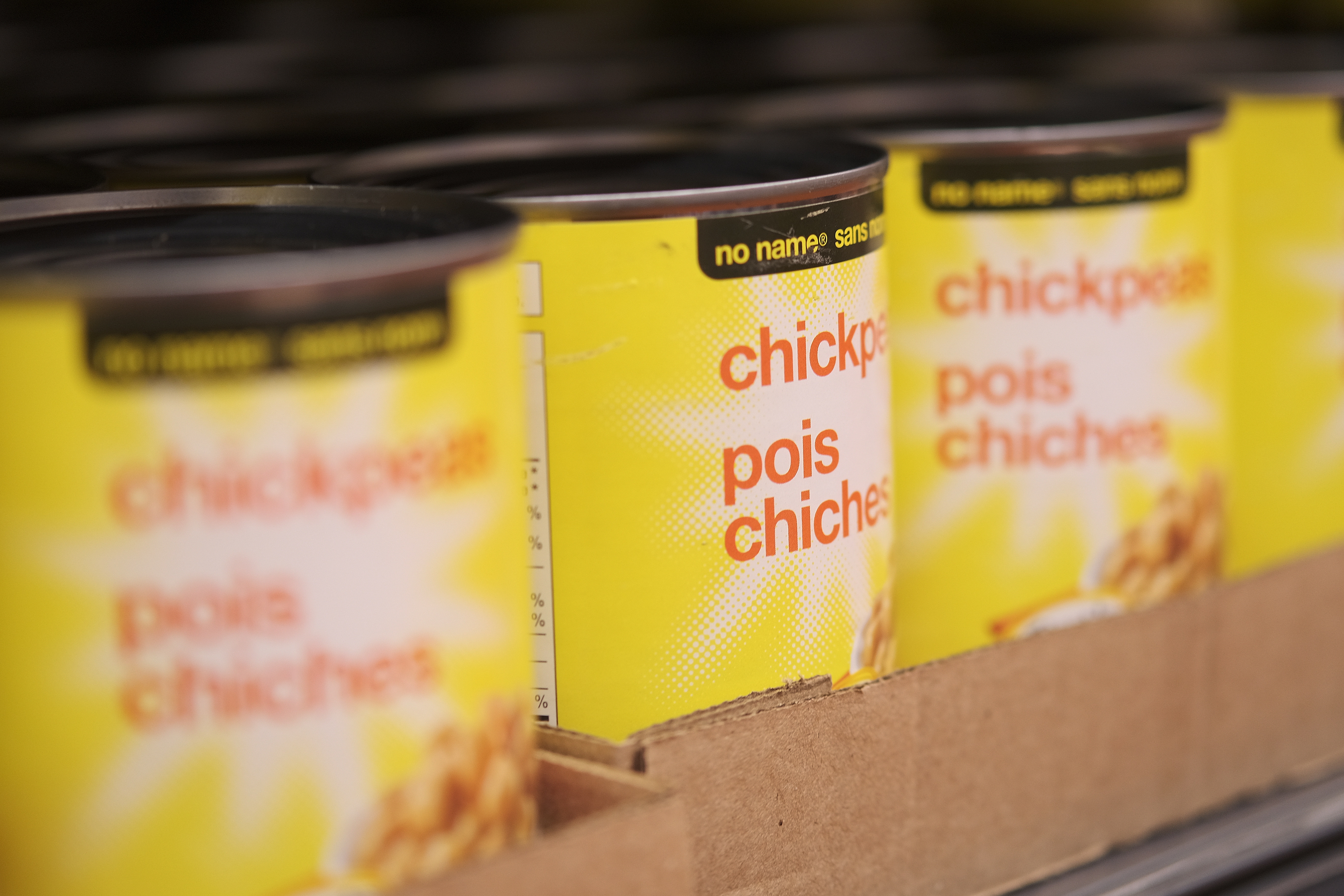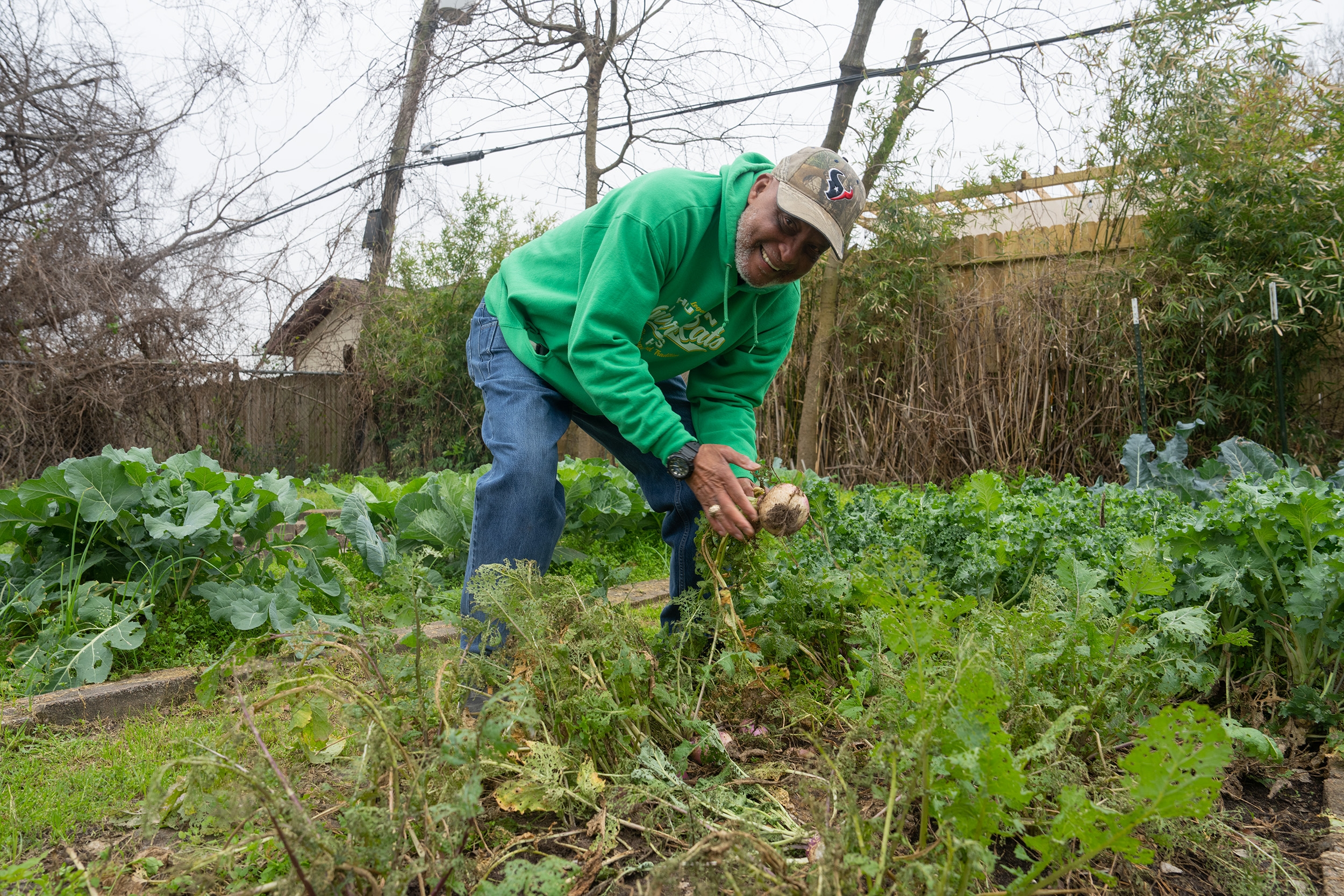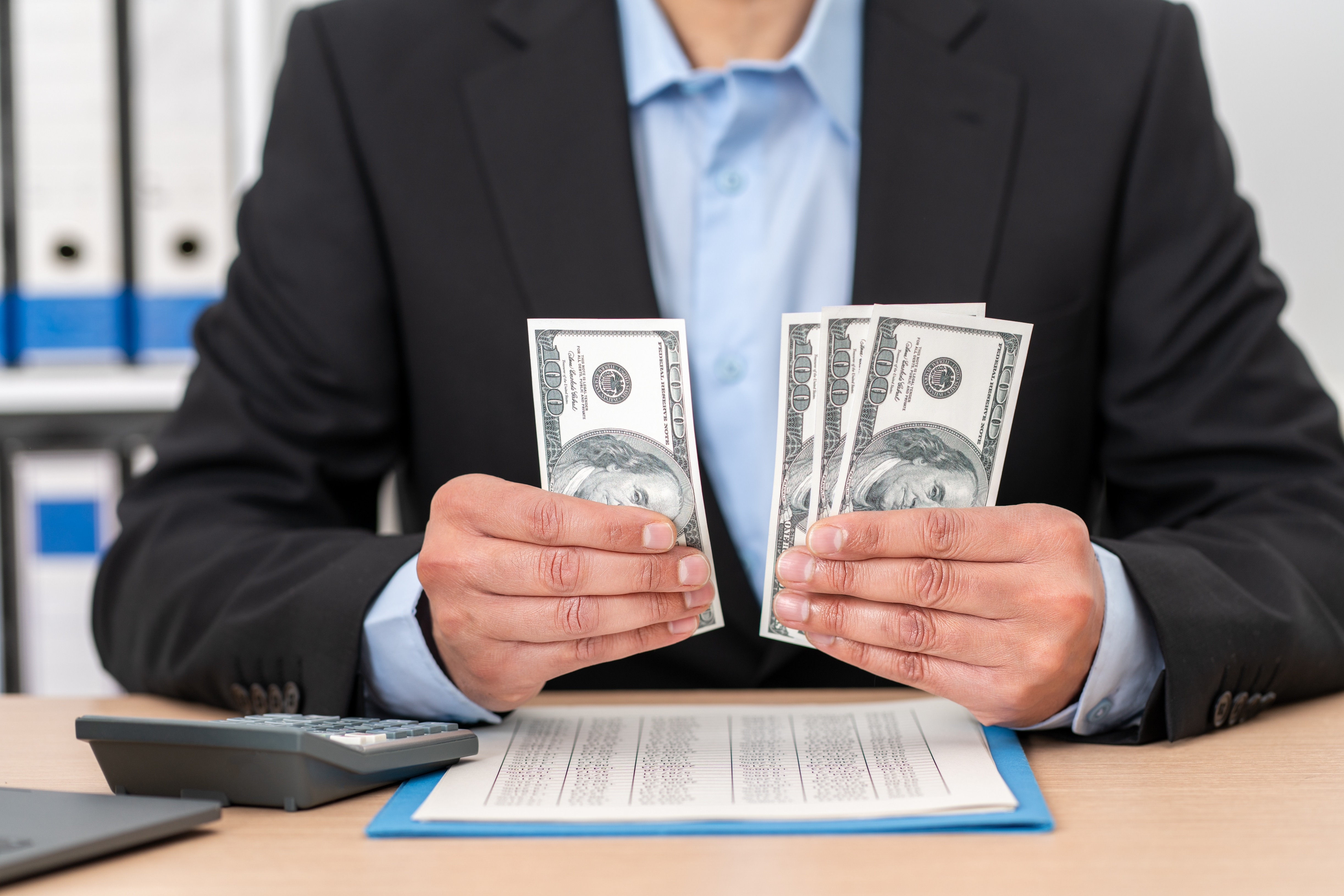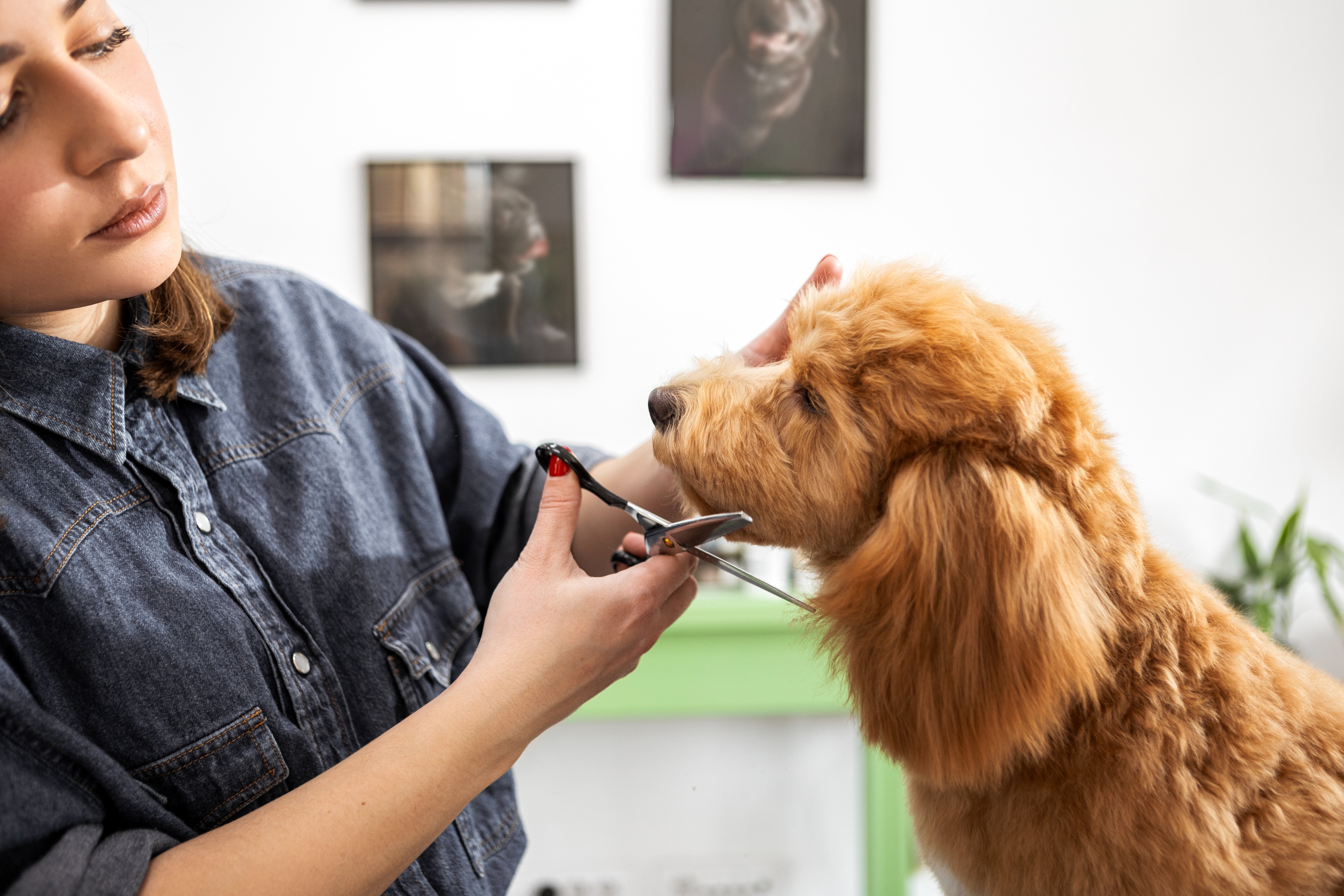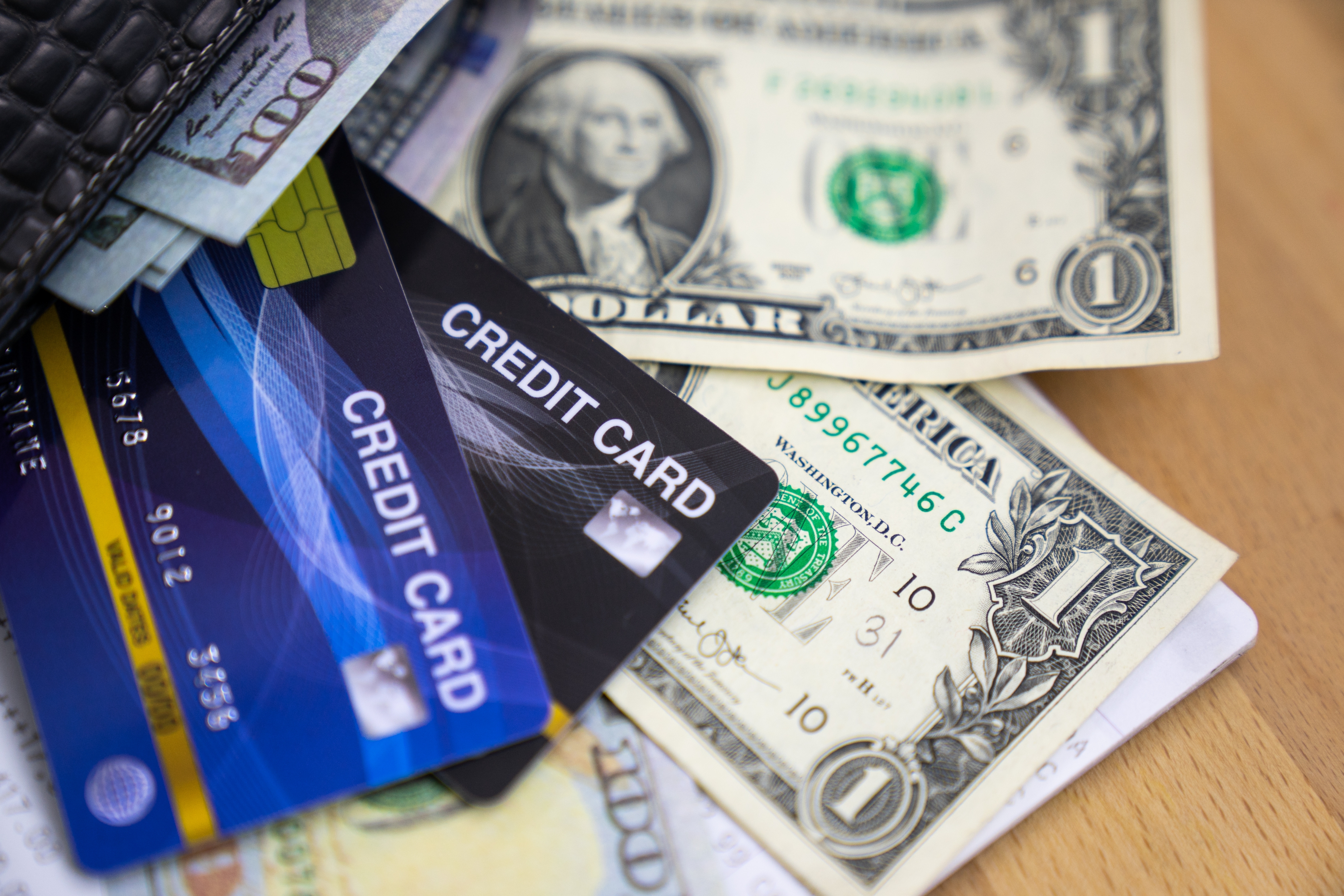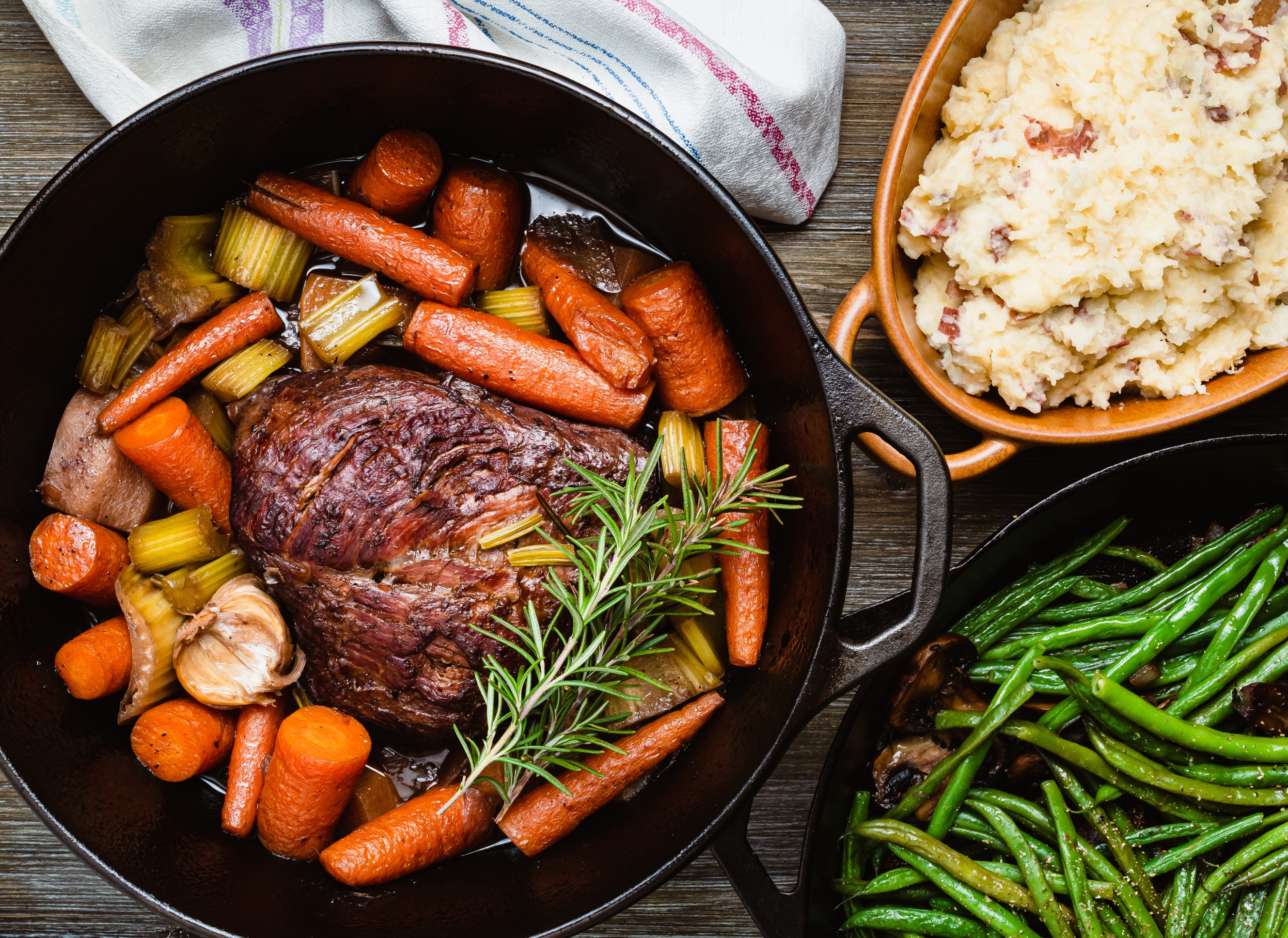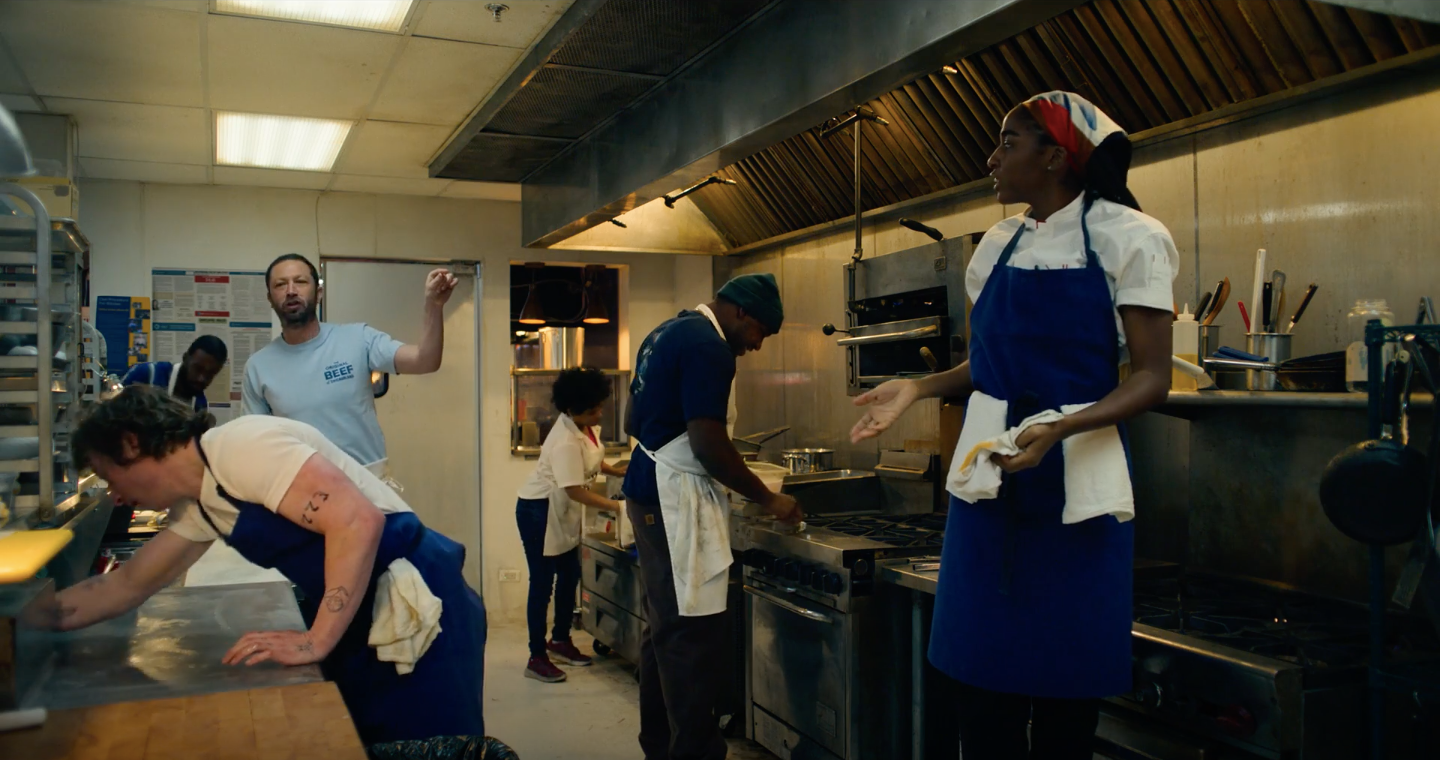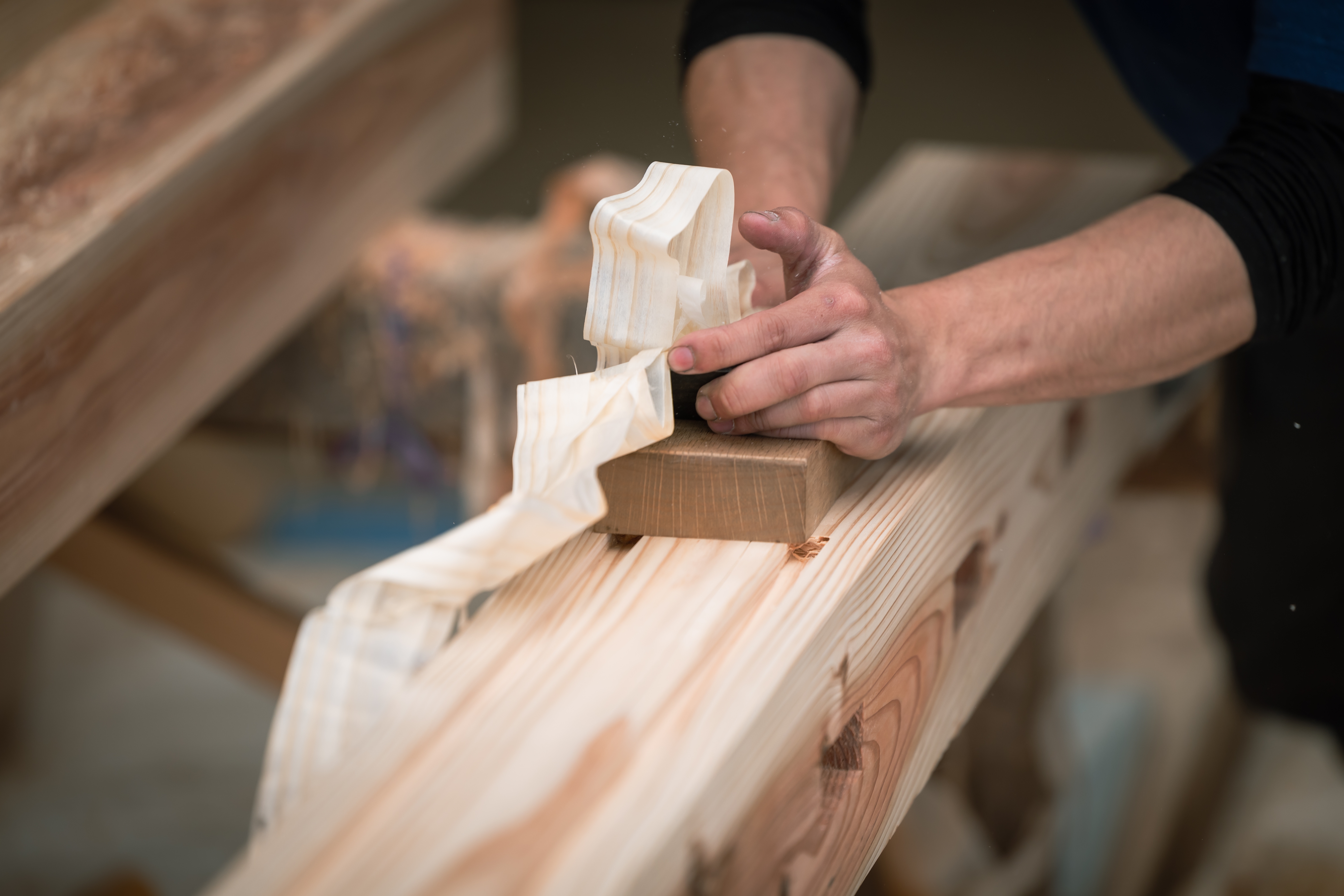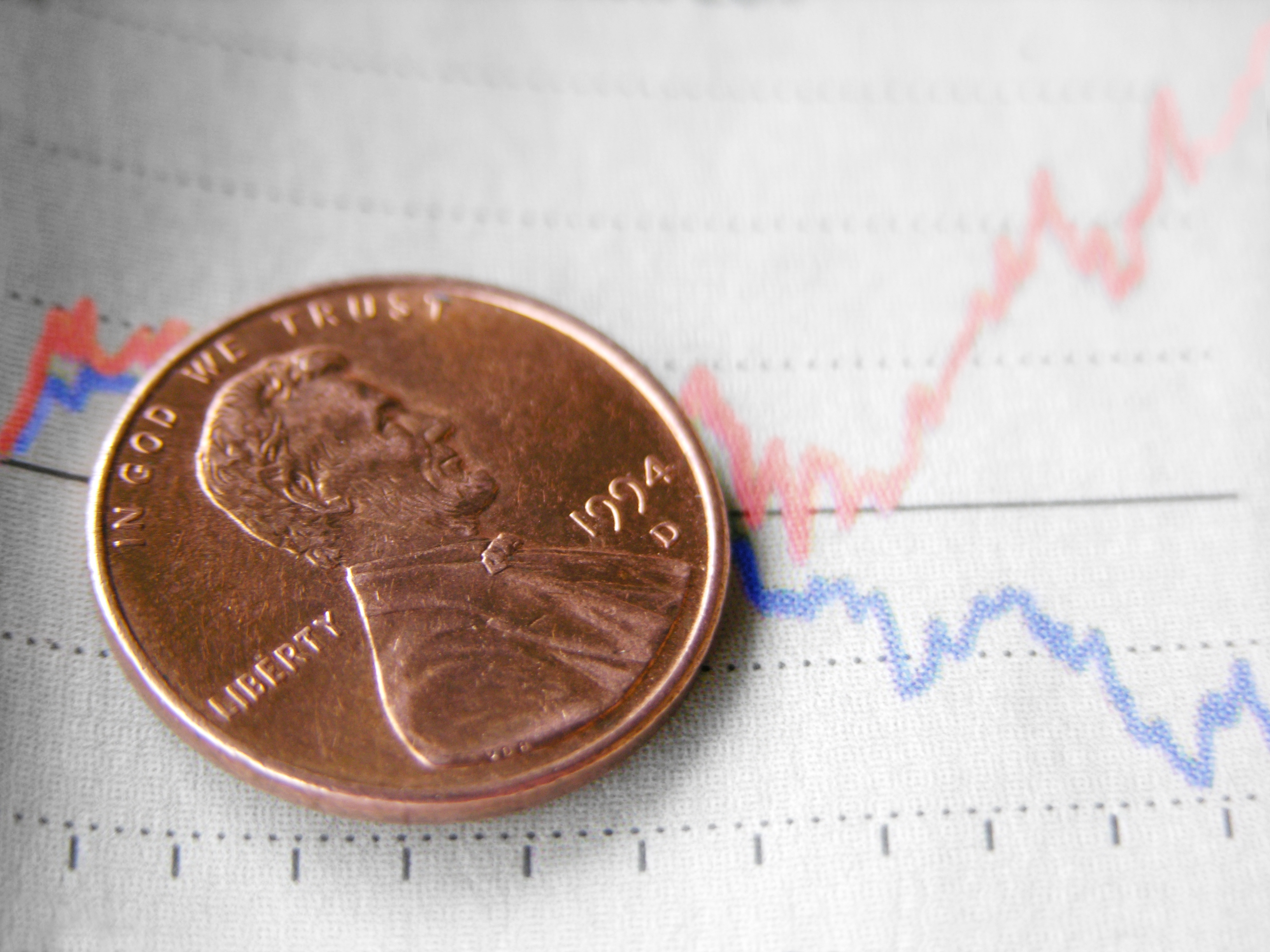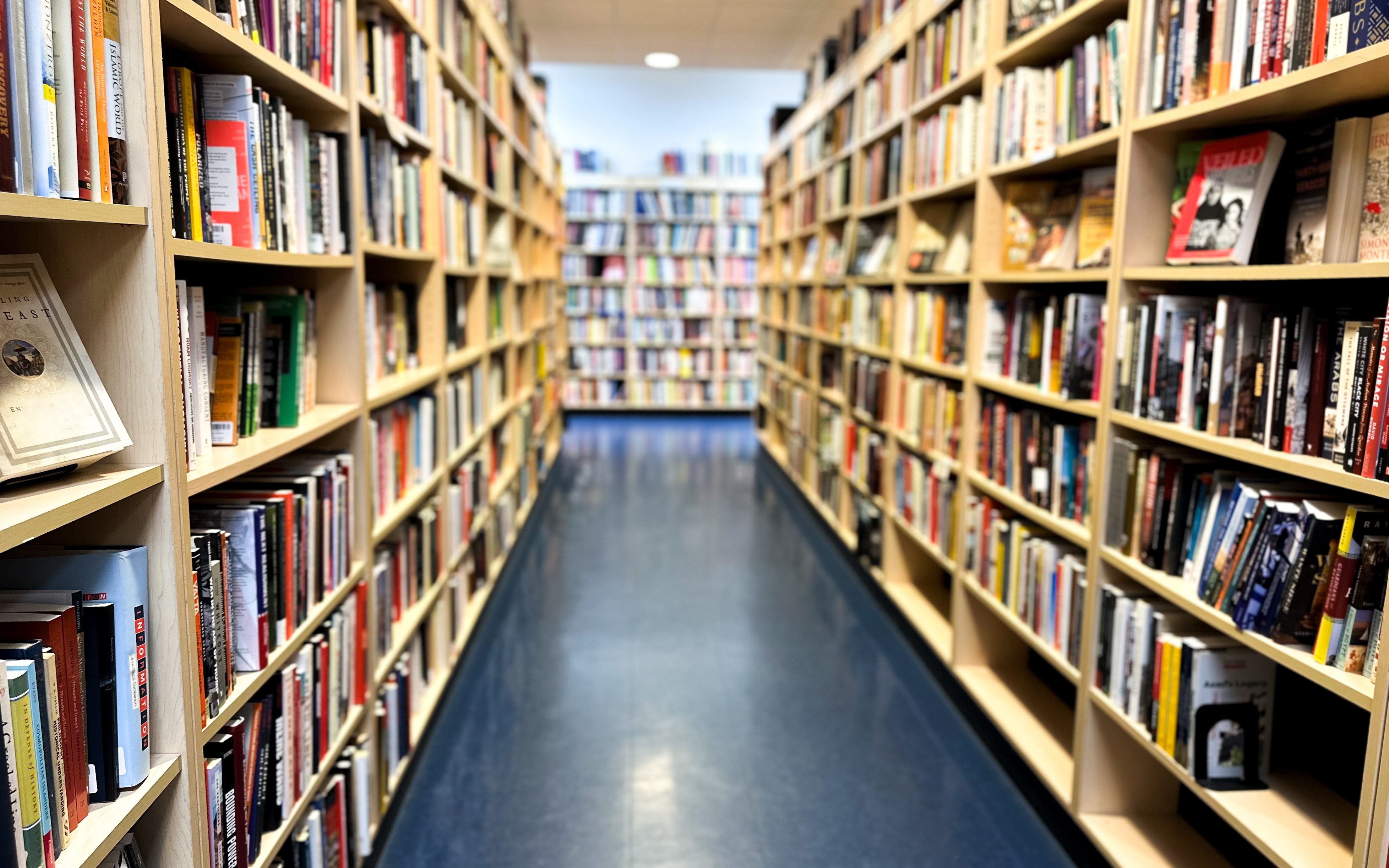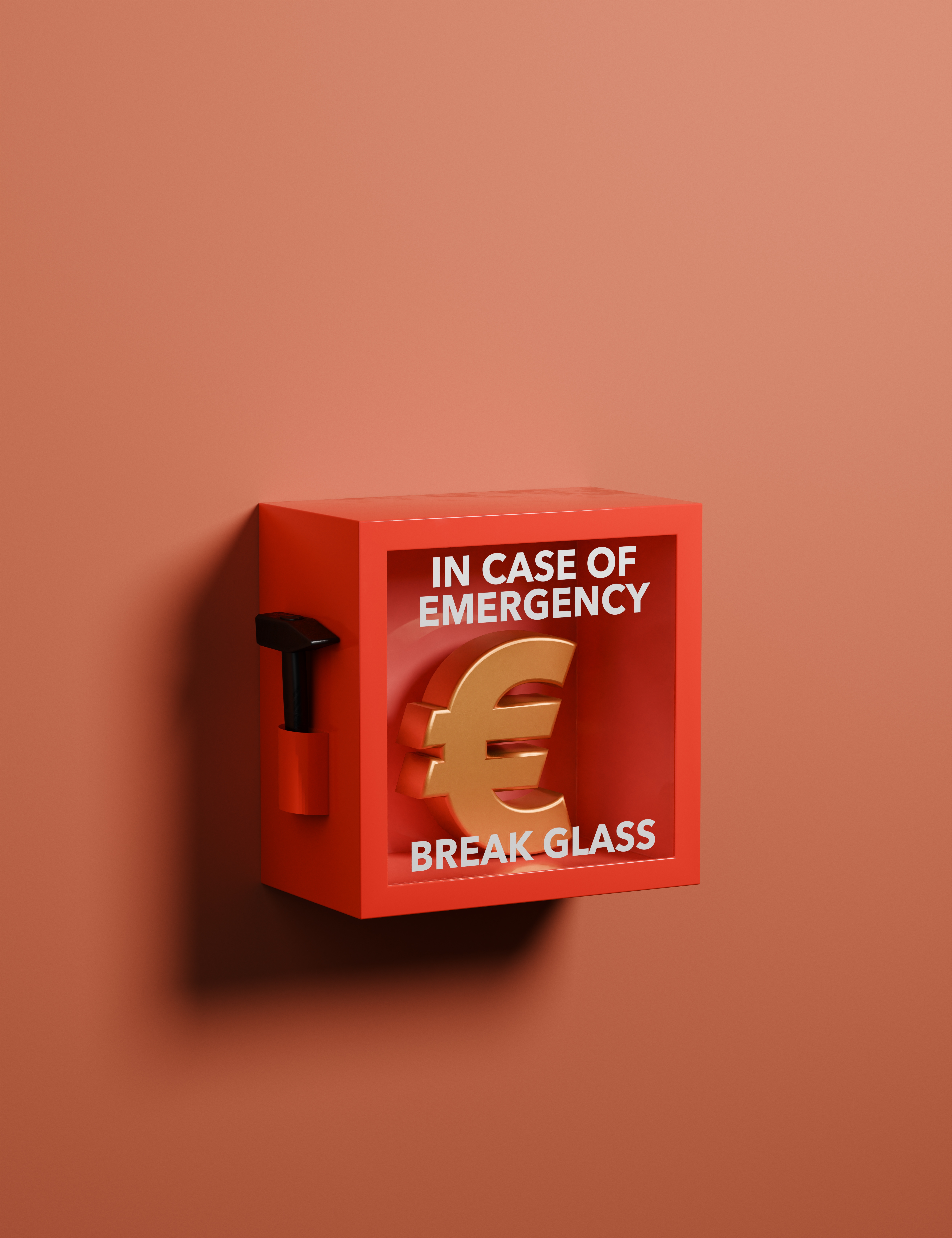" I was put off in 2008 and nearly proceed bankrupt ; this sentence , I ’m being proactive to protect myself . "
We’ve seen the stock market fall and rise in a matter of weeks — a smacking dose of reality under Trump’s trade war. Between thetariff-for-tarifffeud between the US and China and mass layoffs occurring, things don’t look promising for the economy. And worse, practically everyone isanticipating a recession.
That includes you, theBuzzFeed Community. Last week, I asked you guys to share how you werepreparing for the possibility of a recession. As the economic situation worsens, its impact is already dire on the pockets of the average American. However, creating and implementing a financial strategy, even in the face of tremendous uncertainty, could help mitigate the inevitable burden that everyone must shoulder because of the Trump administration.
While this might be a bleak topic, we received plenty of answers that could give you an idea ofhow to plan for the stormahead.
1.“Stocking up. I’ve got 25 lbs of coffee beans, lots of canned food, cereal, rice, beans, paper towels, and toilet paper.”
2.“We are going to scale down everything, eventually move to a smaller house, and pass down the wealth so our kids can get a house. Less eating out, only have one car now, and retired early to make sure I get my $$$ I put in!”
— maskedraptor643
3.“If you have the capital already, trade short-term options. You can make a profit off calls or (more importantly, these days) puts. It’s lower risk than other trading, although it can get time-consuming.”
4.“I usually only grow flowers in my gardens, but this year I’m going to grow a bunch of veggies. It’s a small thing, but I figure every little bit counts, especially if I can freeze some of them for later.”
— matthewthomas25
5.“I put the majority of my money in a certificate of deposit instead of the market in anticipation that this would happen.”
— uncalum
6.“I’ve started a small garden in my backyard where I’m growing vegetables that we use a lot. Cucumbers, zucchini, onion, squash, and tomatoes. Not sure how it’ll turn out, but I figure every little bit helps when it comes to lowering that grocery bill! We also call on my mother-in-law whenever we run out of eggs or chicken meat since she has a surplus of eggs and chickens!”
7.“I pay myself first. I take a portion of my paycheck and deposit it into my money market account, which pays me 2.5% monthly (it started at 4.75%). The car will be paid off in three months. I will put that payment in the same account. I also have a fixed annuity that guarantees 7% no matter what the market does.”
8.“Cutting back on major purchases and renovations (bathroom, backyard), cutting back on spending frivolously (clothing, makeup, electronics), cutting back on eating out, purchasing toilet paper, prepared food (from Costco), canceling subscriptions (Disney+, Netflix, Prime), shopping at secondhand stores when necessary, boycotting Target/Walmart/Trump-supported businesses, bought a bidet so using less wipes, canceling vacation trips, and forgoing my dog haircuts. Poor Luna.”
9.“I am paying off all of my present debt, and if I buy anything, I pay with cash. If I use a credit card, I make sure it has good cash back for the purchase and pay it off immediately. I am not driving as much, saving gas, and cutting back on everything. I moved into a smaller place with a washer and dryer. All of this saves money.”
10.“I’m working on my garden, adding in more edible landscaping. Last year, I invested in a vacuum sealer and a dehydrator, so I’m planning to plant my garden this year with an eye for things that can be preserved or frozen so I can minimize the amount of things I’m buying as groceries.”
11.“I switched my 401k to a conservative target fund and have stopped making new contributions. I am using that payroll money that used to go to my 401k to pay off my mortgage and boost my cash savings instead. Basically, I’m shoring up my little quiet life to weather the storm. I was laid off in 2008 and nearly went bankrupt; this time, I’m being proactive to protect myself.”
– Anonymous , 46 , Midwest , US
12.“I’m probably going to stay at my current job, even though I had been planning on leaving it. I was thinking of going back into the culinary industry, but restaurant work during a recession/depression (and I believe it’ll be the latter, though we’ll call it a recession to make ourselves feel better about it, just like in 2008) is an iffy prospect at best.”
13.“I’m not buying anything that doesn’t clean something in my home, or go in me, or on me. As much of that as possible will be secondhand. My local Buy Nothing group has also been helpful — as has my local library — to get or borrow items for nothing. I think the way through this for a lot of people to trade items we already have.”
– Anonymous , 46 , California
14.“During COVID, I got placed on furlough. I was still able to get unemployment benefits and healthcare. What really helped was calling my student/auto/home loan companies and finding out they would allow a few months of no payment. They just added it to the backend. It helped because in the first two months, I didn’t receive unemployment in time. Worth a call into those companies to see your options in case the worst happens.”
– atomic number 92 / Skippy8375
15.“I would also try to cultivate some sort of skill. That’s what I did (in 2006-2007 before the recession began), and ended up falling back on my skill during that recession, segueing that into a business once the worst part of the recession ended.”
16.“Aim to negotiate for more pay. ‘Keep your job’ is good advice, of course, but you’ll want to aim for a job that’s somewhat recession-proof. For example, it’s common in my industry to execute three-year contracts. That is, we have work lined up for three years, making things more steady and predictable.”
17.“Try to buy a house about 12-18 months into the recession. So, start looking now. We graduated from college in 2008, scraped every penny, and bought the smallest, cheapest home in the best school district. Paid off huge now. Within a few years it doubled in value, and now is worth five times what we paid. It’s a safeguard for the next recession because we have a $1,200 mortgage in a very high-cost-of-living area. We couldn’t rent a one-bedroom apartment for the price of our mortgage.”
18.“Don’t stop learning. I was 14 in ‘08. I didn’t pay attention to the economy or politics. All I was focused on was starting high school and playing sports.”
19.“Our family has a disaster plan now. We took all our monthly bills, subscriptions, etc., and lined them up from ‘least important’ to ‘mom gets cranky if we cancel this’ to ‘we go hungry.’ As things go up, we’ll cancel or find alternatives for them. Some, like the water bill, will be much harder to tackle.”
H/T:r/PrepperIntel



